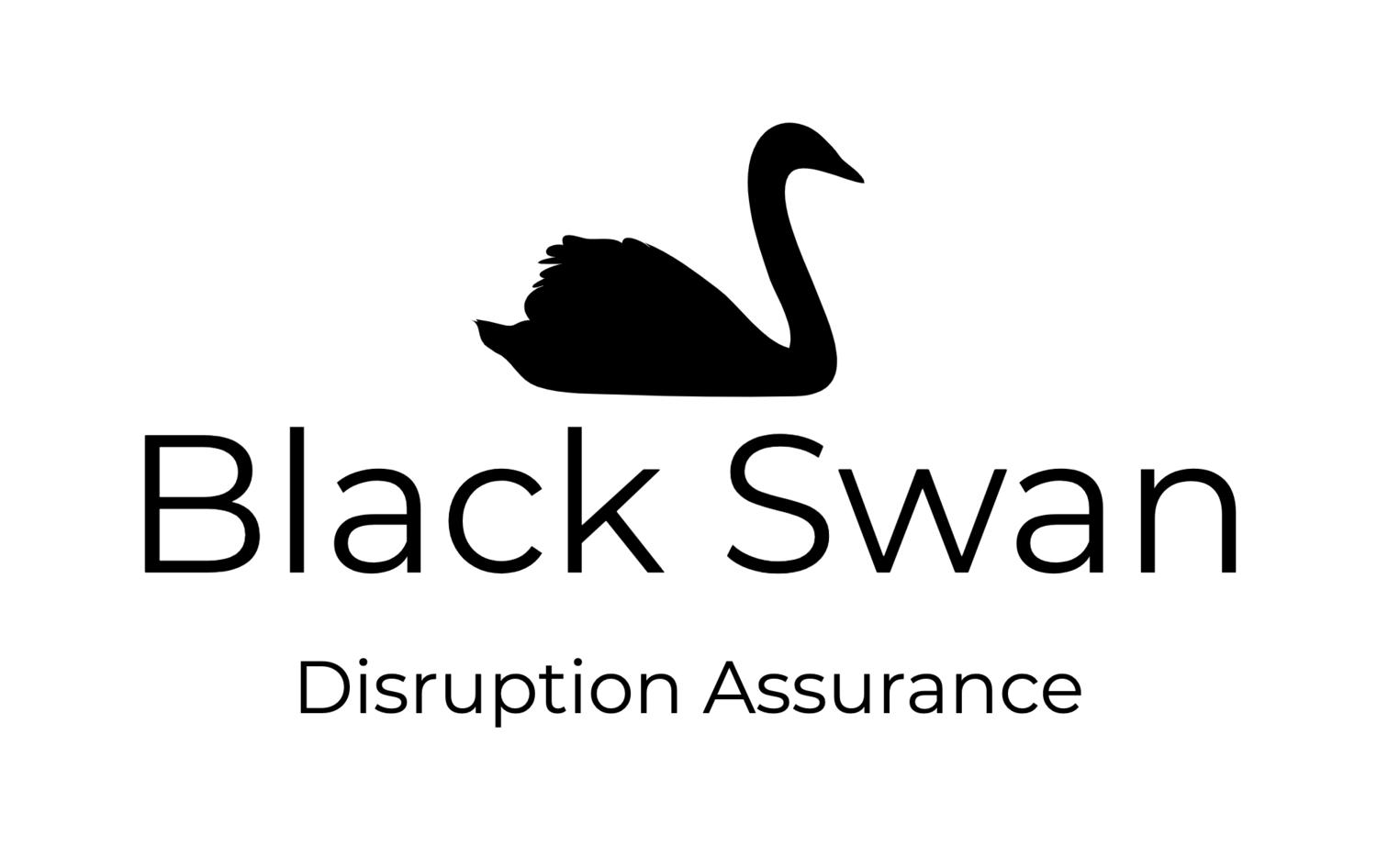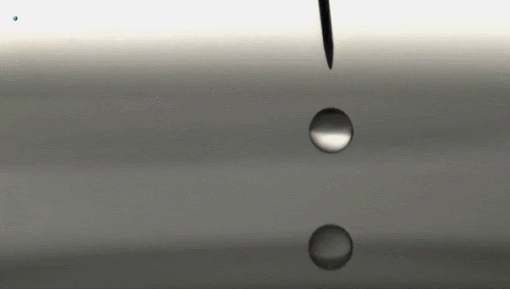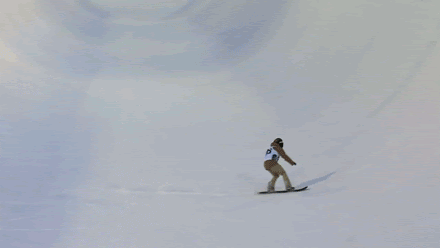Thriving in Chaos.
The environment has done the heavy lifting
We will see more innovation in the next 18 months than in the preceding decade as common intellectual property becomes widely available for free, and we change the way we work. The rapid adoption of cloud-based systems for remote working, implementation of eCommerce and subscription business models by traditional organisations mean the cloud is no longer an advantage. Papatūānuku has done the heavy lifting for us; no longer is there a distinction between environment and the economy; they are reliant on each other, only regenerative businesses will exist in the future when we introduce supply chain transparency. Those of us have been creating the future, are taking full advantage to change the narrative. My aim is to help you understand the current state from a disruptive perspective and therefore how you could re-orientate your environment to survive or better yet thrive post COVID-19
You can’t navigate chaos, so embrace it.
The first step is understanding we're operating in a different context than usual. The Cynefin framework decision-making tool that helps us perceive situations and make sense of our own and other people's behaviour. When we don't know which state we are in it's called disorder. How many people have felt overwhelmed lately? This is because we are used to operating in a complex environment: The relationships between cause and effect are apparent in retrospect. With traditional innovation frameworks we can conduct experiments that are safe to fail to learn. When operating in a chaotic environment there is no relationship between the cause and effect at a systems level. You've got to be quick and decisive — make little steps you know will succeed, so you can begin to tell a story that makes sense.
Chaotic
(COVID-19)
Novel Practice
Act > Sense > Respond
New Markets Emerge
Industry CollapsE
Complex
(Digital Disruption)
Emergent Practice
Probe > Sense > Respond
New Products Emerge
Industry Evolution
Adapt a new mindset, or maintain the status quo
Historical performance, hierarchical organisational structures and depth of commercial experience does little to prepare our current leaders for this level of almost real-time change and uncertainty. The ability of humans to adapt is inherently antifragile. Black swan events hijack our brains, making us feel we “sort of” or “almost” predicted them because they are retrospectively explainable. Look at the definition or Resilence, it means the ability of a substance or object to spring back into shape. Do you think the POSTCOVID19 world will look the same? No; resilience is suitable for complexity, not chaos.
Antifragile systems can withstand and benefit outlier events and will survive and can make exponential gains. Resilient companies gains are measured and capped.
Resilience is not AntiFragility
A resilient environment wants to return to normal, much like the glassy water surface that returns to normal after being disturbed. The antifragile environment loves randomness and uncertainty; an antifragile environment responds to change. Creating an antifragile culture is difficult because it's a socio-technical system, and our Cognitive Bias is designed to keep us safe. Chaos is not safe; how many times did the snowboarder fall before the 720° became easy. Using stress Inoculation, we can retrain the cognitive bias to appreciate randomness and create new neural pathways. We're not aware of the shortcuts our brain has created.
Act, Sense, Respond
There is no framework to deal with randomness, that’s trying to control the uncontrollable. Like the snowboarder, becoming antifragile requires deliberate practice and coaching and a number of hard falls. There will be six distinct phases to COVID19. As we move into each phase your organisation will experience uncertainty and change. Become situationally aware, recognise you are dealing with chaos and act accordingly to thrive. There is an opportunity to create a new narrative where well being, circular economy, transparency and regeneration are the new normal, what part will you play in creating a PostCIVID19 world.
Learn More: Why planning for resilience won’t help you thrive from chaos.




